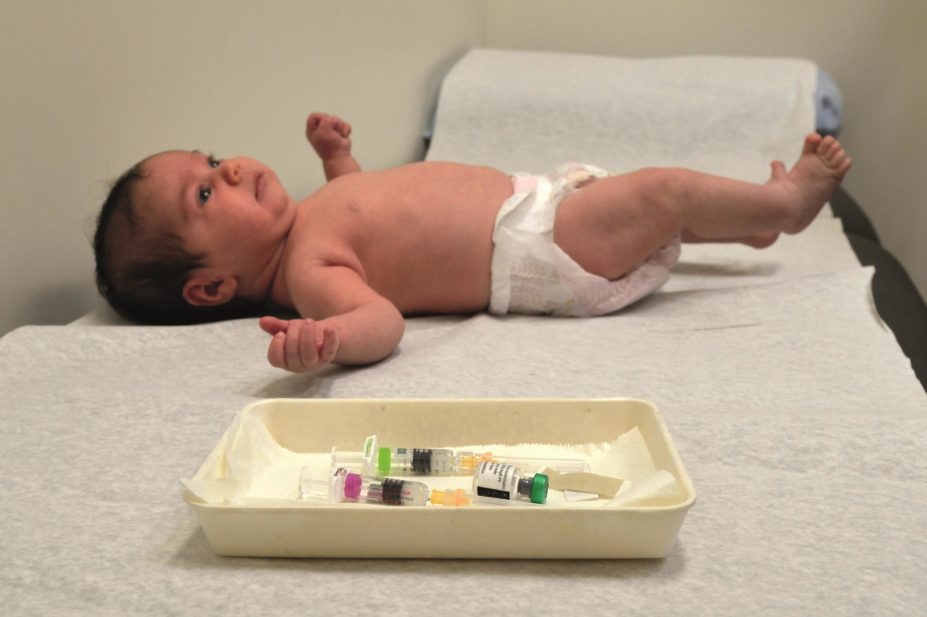
ChameleonsEye / Shutterstock.com
Sceptical parents may be persuaded to vaccinate their children against measles, mumps and rubella (MMR) if they are provided with information about the risk and severity of the diseases, a new study published in PNAS
[1]
on 3 August 2015 has found. This is in contrast to a previous study that found trying to counter vaccination “myths” may actually galvanise sceptical parents’ views.
In recent years, cases of measles have been on the increase in the United States and the UK as MMR vaccination rates have dropped. This is in part caused by fears about a link between the vaccine and the development of autism; but studies have shown there is no such link.
To examine how best to persuade people of the importance of vaccinating children, researchers designed an education-based intervention and randomised participants into three groups (n=315). Vaccine attitude was recorded before and after the intervention. Participants in the “disease risk” group had a significant, positive change in their vaccine attitudes. This effect was especially pronounced in the group with the most negative attitudes prior to the intervention. In comparison, the attitudes of the group assigned to “autism correction” information — aimed at disproving a link between the MMR vaccine and autism — did not change compared with the control group (who read an unrelated scientific vignette).
The results suggest that parents are “likely to be responsive” to warnings about the severity of diseases prevented by vaccination (in the form of graphic pictures and anecdotes), say the authors. They hope that heightened awareness of the risks associated with failure to take preventive action will improve attitudes toward vaccinations.


